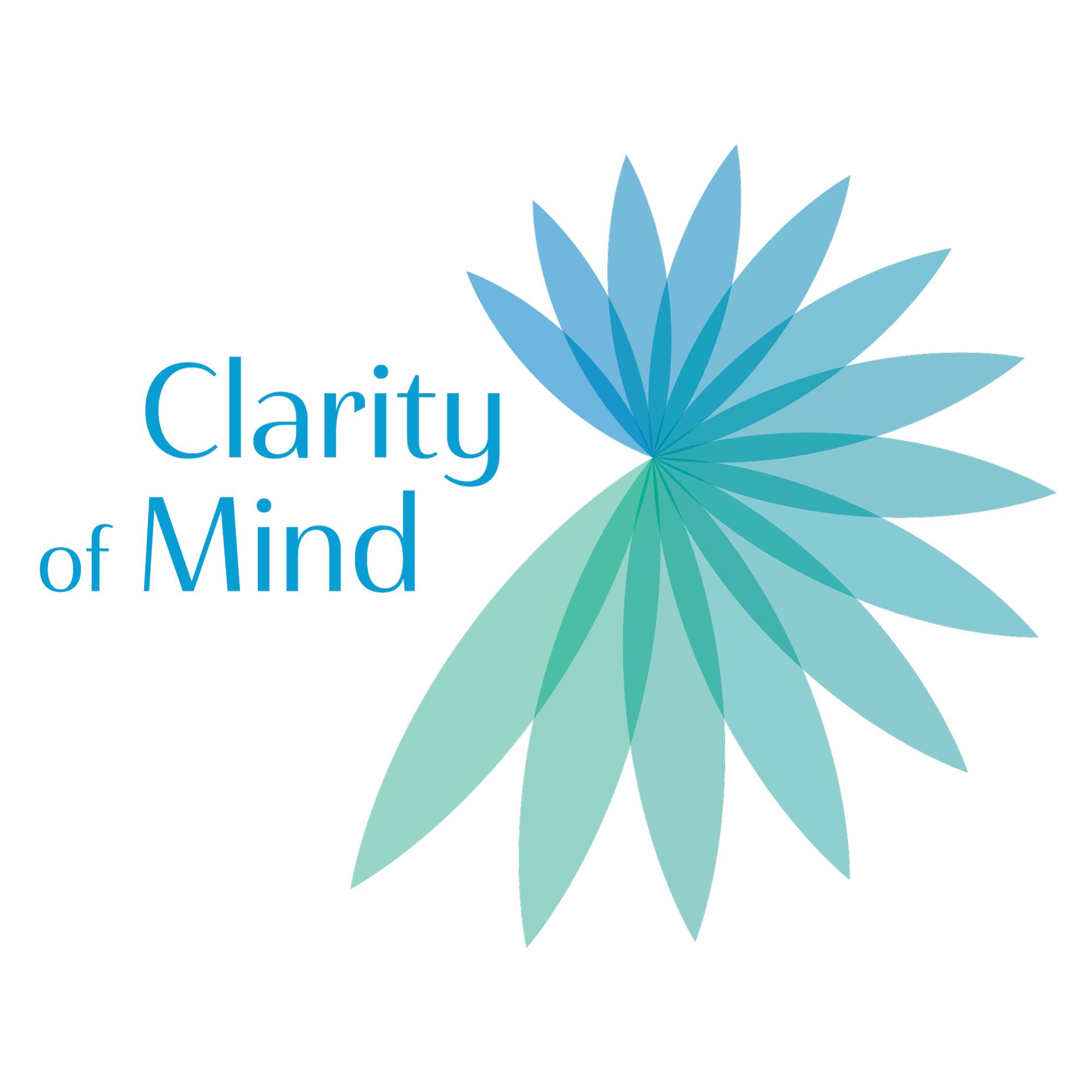Emotional intelligence (EI) is one of the critical skills required of leaders in 2020. Emotional Leadership requires self-awareness and regulation to lead a team through uncertainty and constant change, the story of 2020.

Daniel Goleman introduced the concept of Emotional Intelligence in 1995 in his book of the same name, identifying it as a critical attribute for successful Leadership. The key elements of Emotional Intelligence are:
· Self - awareness of thoughts and behaviours
· Self-management
· Empathetic
· Self Motivated
· Effective Social Skills
“Leadership is about empathy. It is about having the ability to relate to an connect with people for the purpose of inspiring and empowering their lives.” Oprah Winfrey
An Emotional Intelligent leader will use the awareness of their own emotions, to guide, inspire and lead their team through change and empower those around him to move the day to day running of projects and tasks. A self-aware leader will display respect for themselves, show respect for others and take responsibility for their actions. A valued team will feel empowered, which creates loyalty and yields success.
Mindfulness for Emotional Leadership
EL can be developed and learnt using mindfulness and self-inquiry techniques in the pursuit of personal growth and development.
Meditation
Meditation is the act of connecting to your breath to quiet the mind. While focussing on your breath, you observe your thoughts, taking the focus off your mind chatter and into your body. Meditation is all about being in the present moment, creating space between thoughts to choose action rather than reaction.
An example is a self-aware leader who practices meditation will have the ability to centre themselves in stressful situations or conflict, so they remain calm and choose the right action at that moment. The practice of connecting to your breath through meditation can bring you into the present moment at any time.
Self Reflection
Monitoring thoughts
Writing down our thoughts opens up a conversation and allows us to become our counsel. Journalling is a tool we can use to decipher the truth from irrational thoughts stemming from stress and fear. The act of writing down can help us to seek out the fact from fiction to give clarity and calm our mind.
Self Analysis;
The ability to reflect on situations and events is a technique to transform a problem at work or life into a learning opportunity. Emotional Leadership requires ongoing personal growth through experiential learning.
How did I handle the conversation with X?
What did I do well?
What could I have done better?
What have I learnt from this?
"The ability to learn is the most important quality a leader can have"
Sheryl Sandberg
Understanding your Values and Needs
Values are the foundations we work and live by and can influence the choices we make and the direction we take in life. Needs are what we require to lead a happy and purposeful life. If we do not honour our values and be true to ourselves when making decisions, we will have inner conflict and stress. Many people are unaware of what value system drives their choices, then wonder why some decisions make don't feel right. Have you ever taken a job, but it doesn't feel, right?
Leaders with high EI will have an honest sense of self, honouring their value system and needs daily. A leader with this foundation will have the ability to manage conflict and make hard decisions to steer a team towards success.
Example:
Self-care needs - What do I need each to day/week to take care of myself?
Workplace values – What do I value in the workplace? Should I accept this new position?
Relationship – What do I value in a working relationship? Is this the right colleague for the job?
Connect to your Emotions
Throughout our day, we have many emotions, positive and negative. Emotions can be a source of information that we can use to move through life. Positive emotions can affirm to us; we are on the right track, whereas negative emotions may suggest we need to change the path. Emotions are a source of information and are a powerful catalyst for change. A self-aware leader will understand the power of their emotions to connect, inspire and lead a team.
It is now time to change the dialogue around emotions – Emotions are a source of information and a powerful catalyst for change.
Lucy d'Almeida
Wellbeing Coach
Goleman, Daniel. (1995). Emotional Intelligence. New York: Bantam Books, 1995. Print.
